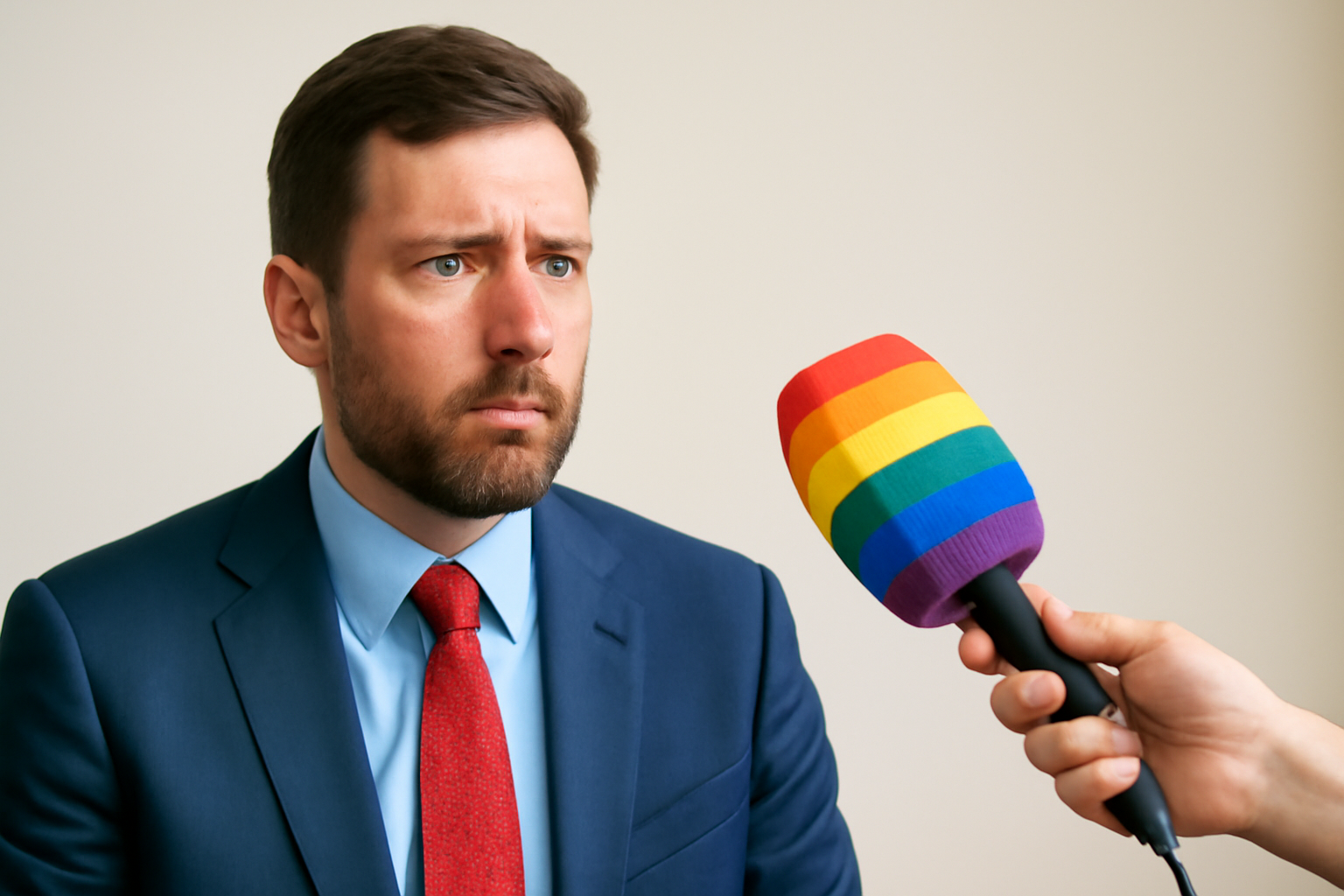
A recent survey examining perceptions of discrimination within the United States has unveiled intriguing insights into how different political affiliations view this issue. While Republicans generally perceive less discrimination across various groups compared to Democrats, there is a notable acknowledgment among Republicans that transgender and LGBTQ+ individuals face significant discrimination. This recognition comes amidst ongoing political actions that could potentially exacerbate these biases.
Republican Views on Discrimination Against Trans and LGBTQ+ Communities
The survey, conducted by the Pew Research Center from April 7 to 13, 2025, involved 3,589 U.S. adults and revealed a complex landscape of perceptions regarding discrimination. While Democrats overwhelmingly recognize discrimination against racial, ethnic, and LGBTQ+ groups, Republicans show a differentiated stance.
Among Republicans and Republican-leaning independents, the perception of discrimination against racial and ethnic groups—such as Black, Hispanic, and Asian communities—has declined over the past year. However, when it comes to discrimination against transgender and LGBTQ+ individuals, there are surprising findings.
Despite supporting politicians who may deepen discriminatory policies, a majority of Republicans acknowledge that transgender people face at least some discrimination. Approximately 63% of Republicans agreed that transgender individuals encounter discrimination, a significant figure given the current political climate. In comparison, about 91% of Democrats share this belief.
Partisan Differences in Perception
The survey underscores the stark differences in how political affiliations perceive discrimination. While Democrats are consistently more likely to recognize discrimination across most groups, Republicans show heightened awareness when it concerns groups traditionally allied with Republican views.
For instance, Republicans are more inclined than Democrats to perceive discrimination against White people (55% vs. 21%), Evangelical Christians (57% vs. 31%), men (42% vs. 27%), and religious individuals (63% vs. 51%). These perceptions highlight the complex interplay of identity and politics in shaping views on discrimination.
When focusing on the LGBTQ+ community, 50% of Republicans believe that gay and lesbian people face some level of discrimination, in contrast to a significantly higher 90% of Democrats. This gap is pronounced and reflects broader cultural and political divides.
Trends Over Time
The survey results indicate a shift over time in Republican views on discrimination against gay and lesbian people. In 2017, 64% of Republicans acknowledged such discrimination, a figure that decreased to 59% in 2021. This trend suggests a gradual change in how these issues are perceived within Republican circles.
The introduction of questions regarding discrimination against transgender individuals into the survey has also revealed important insights. While 91% of Democrats assert that transgender people face discrimination, only 26% believe it is a lot. On the other hand, 63% of Republicans acknowledge at least some discrimination, with only 26% recognizing it as a lot.
Implications for the LGBTQ+ Community
These findings are crucial for understanding the political and social dynamics affecting the LGBTQ+ community today. As political initiatives continue to challenge transgender and LGBTQ+ rights, these survey insights can inform strategies to address and combat discrimination.
Understanding these perceptions helps in crafting policies and community programs aimed at fostering inclusion and reducing bias. It also highlights the need for continuous dialogue and education across political divides to bridge the gap in understanding and addressing discrimination.
Overall, while there are significant differences in how discrimination is perceived across political lines, the acknowledgment of its existence by a considerable number of Republicans points to potential areas for consensus and progress.
For those invested in the fight for equality and inclusion, these insights can guide efforts to engage with diverse communities and advocate for comprehensive policies that protect and uplift LGBTQ+ individuals.
Stay informed on how political trends affect the LGBTQ+ community by subscribing to our regular briefing and newsletter. Be the first to know about the latest headlines shaping LGBTQ+ communities worldwide.
Related Posts
Pride Month in Latin America: Protests and Demands for Equality
**Celebrating Pride and advocating LGBTQ+ rights in Latin America** Pride Month in Latin America was a lively mix where celebration met activism. Communities united, not just throwing a party but making a stand—demanding equality and pushing governments toward better protection and rights recognition. Throughout Latin America, pride events erupted in marches and cultural displays, each with a c [...]
Transgender Erasure Actions Implemented by National Park Service
```html Trump administration's impact on national park service and transgender recognition The Trump administration made notable moves in undermining transgender representation, which included directing agencies like National Park Service not include "T" and "Q" when they refered “LGBTQ” in any official communication. This move seems part a broader plan by this administration aimed at reducin [...]
Drag Night Extravaganza: Daddies & Baddies at Atlantic City's Anchor Rock Club
Atlantic City, NJ, isn't just about its casinos and boardwalk—it's a hub bursting with energy and entertainment. One event that truly captures this spirit? The "Daddies & Baddies" drag night at Anchor Rock Club. This vibrant night celebrates amateur drag in all its glory, offering a kaleidoscope display where creativity and community unite. If you're looking where inclusivity and creativity take [...]